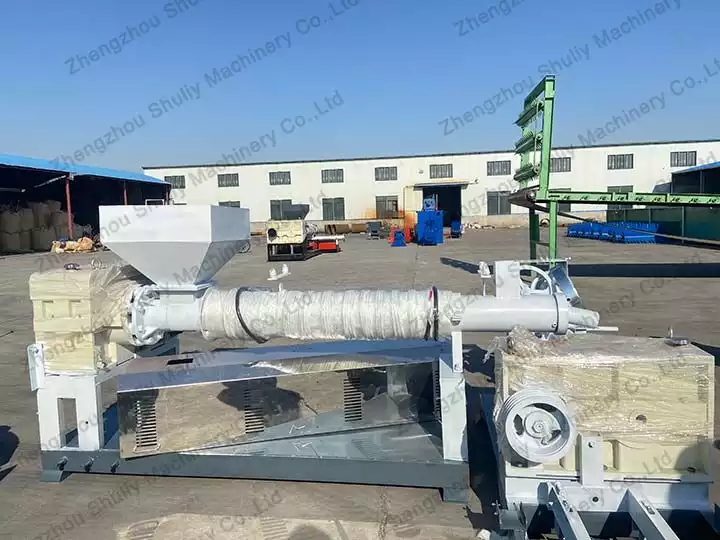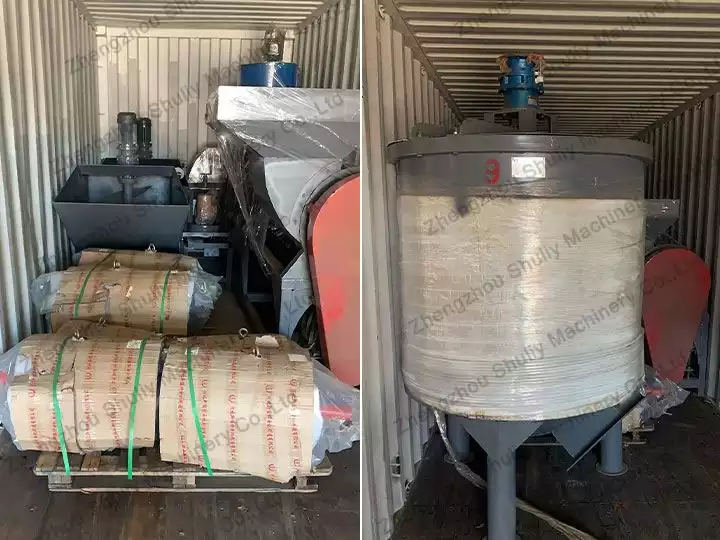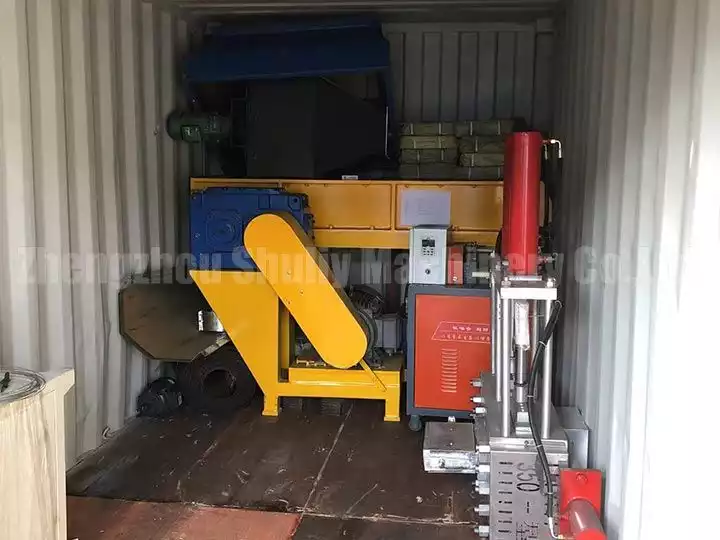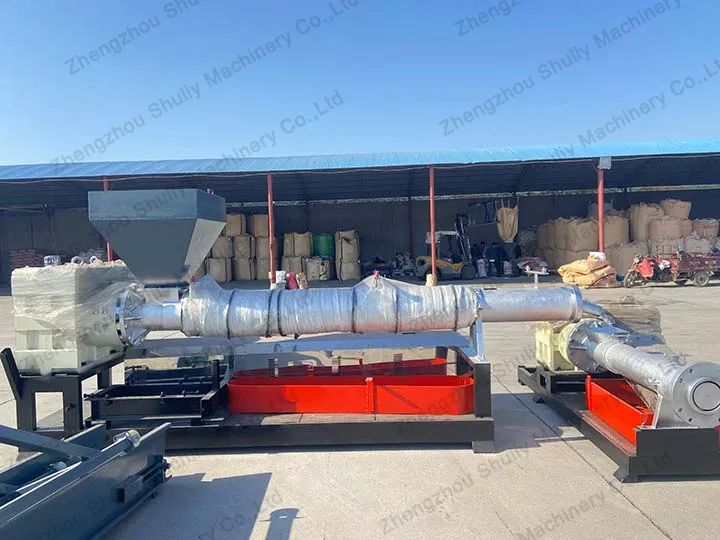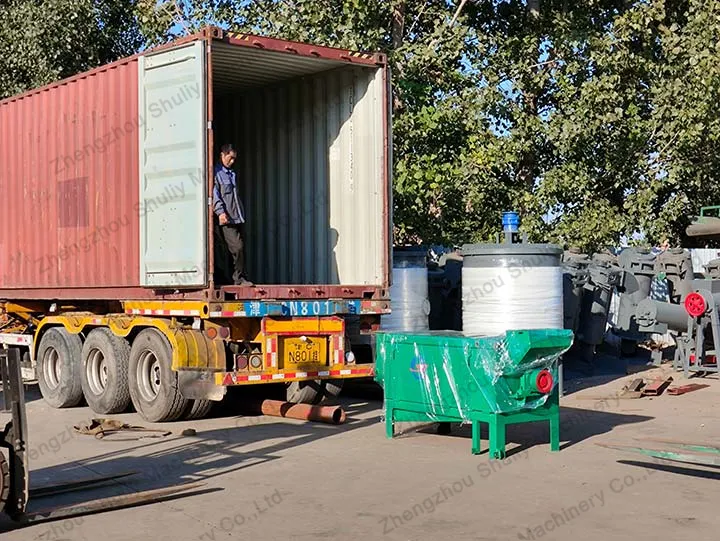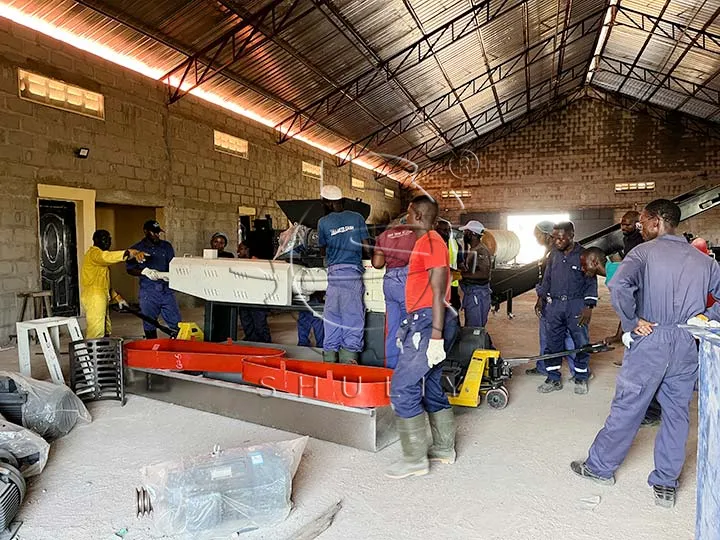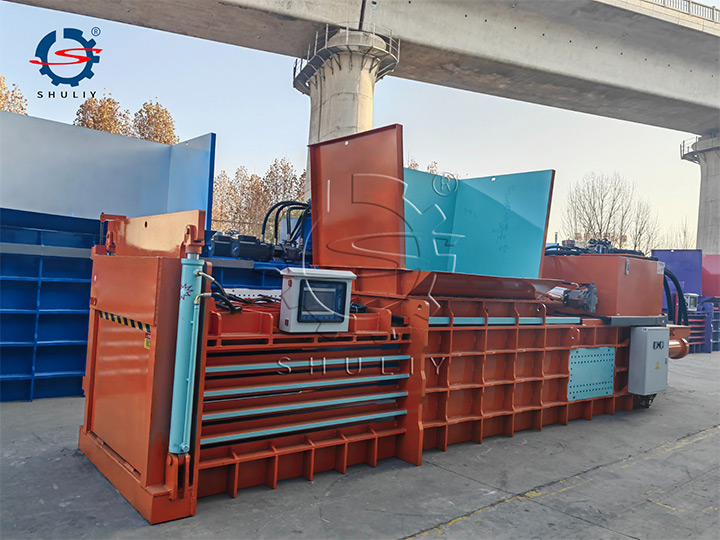Plastic Recycling in Nigeria Requires Immediate Action
In recent years, plastic waste has become a global concern for the environment. As the world’s population increases and economies grow, more and more plastics and plastic products are being used and discarded in everyday life. It is estimated that in 2020 alone, 367 million tons of plastic were produced globally, a figure that makes one reflect on and then controls the use of plastic. In this article, we will discuss the plastic recycling in Nigeria.
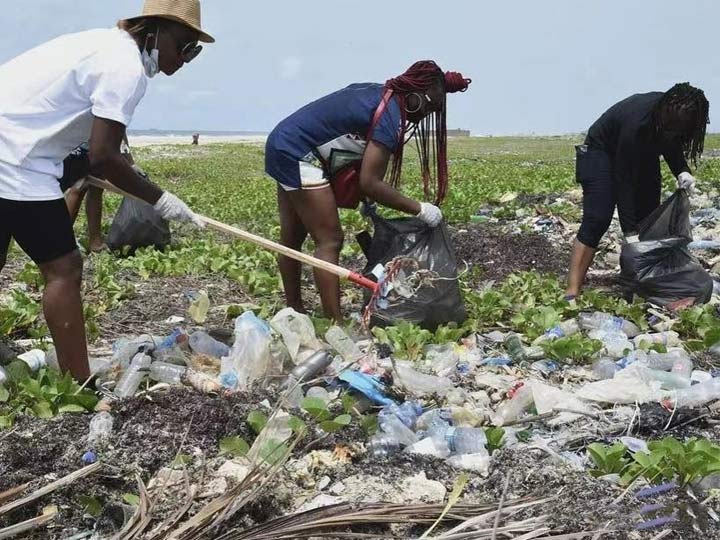
The current situation of plastic waste in Nigeria
Nigeria is located in Africa, a country that produces about 2.5 million tons of plastic waste each year, making it one of the most polluting countries in the world in terms of plastic pollution. Moreover, more than 80% of waste plastic in Nigeria is not recycled, and the vast majority ends up in rivers, lakes and oceans.
Studies have shown that water bags and shopping bags are the two main components of plastic waste in Nigeria. And they are mainly generated by schools, markets, and by households in their daily lives. Sources of plastic particles include tire wear and tear as well as electronic waste. Others include fishing rope, cosmetics, clothes, and food packaging bags.
Impact of plastic waste in Nigeria
In southern Nigeria, we found some microplastic particles in some insects and fish sampled from water bodies. There is growing evidence that the scale of transfer of waste plastics into the aquatic environment will increase in Nigeria under uncertain hazards such as climate change and floods. In the meantime, we still need to learn more about its impact on local soil, plants, animals, drinking water and human health in Nigeria.
Plastic recycling in Nigeria is necessary
The overall recycling rate in Nigeria is less than 12%, which poses a huge obstacle to the management of waste plastic pollution. In this context, some other African countries have taken steps to curb the pollution caused by plastics. They are gradually eliminating or banning single-use plastics and using plastic recycling machinery to dispose of plastic waste. Plastic recycling in Nigeria is necessary too.
Professionals say that plastic pollution management education should start in elementary school. Various sectors should also play an active role in controlling plastic waste. Relevant authorities should develop policies and incentives for plastic production companies and recycling companies to encourage the recycling of plastics. In this context, researchers need to come to further assess the risks of plastics to animals and humans.

